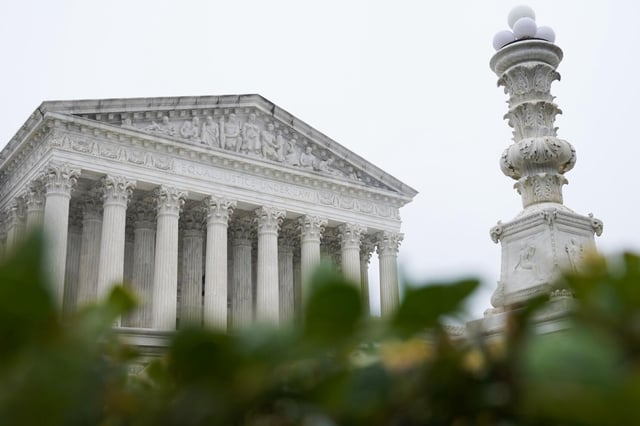Overview
- The Supreme Court ruled that timely forfeiture hearings suffice under the Constitution, rejecting the need for preliminary hearings to assess police seizures.
- Justice Brett Kavanaugh, writing for the majority, cited historical practices and past precedents to support the decision.
- Concurring opinions by Justices Gorsuch and Thomas hinted at openness to reconsider the broader constitutionality of civil forfeiture laws.
- Critics argue the ruling disproportionately affects the poor and could lead to prolonged deprivation of property without timely legal recourse.
- Civil rights advocates and some justices express concern over the potential for abuse under current civil forfeiture practices, indicating a future legal battleground.



